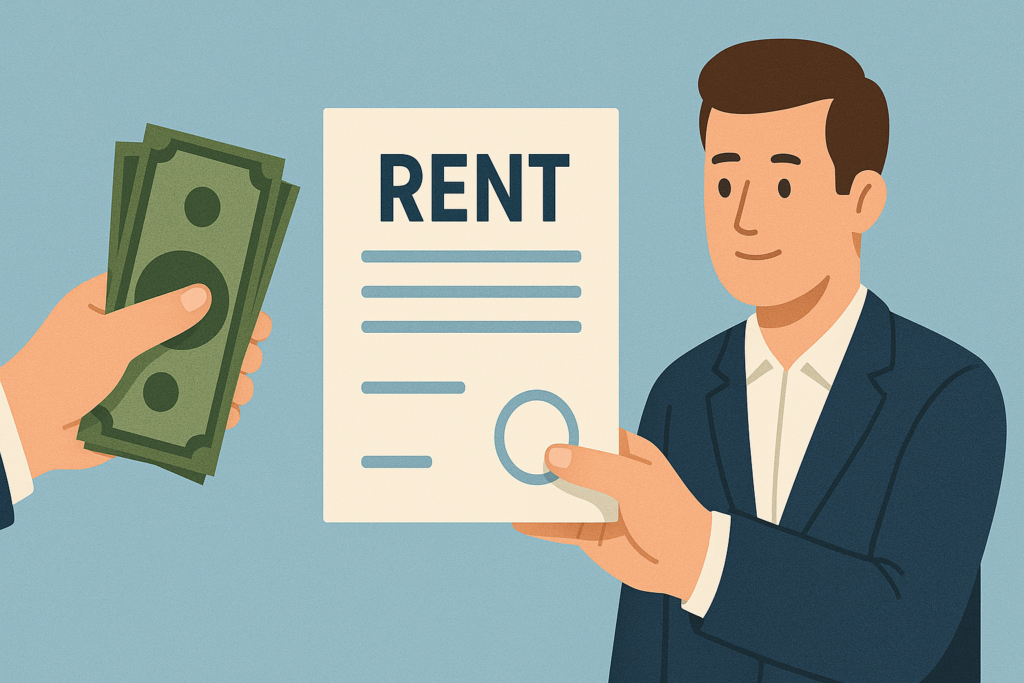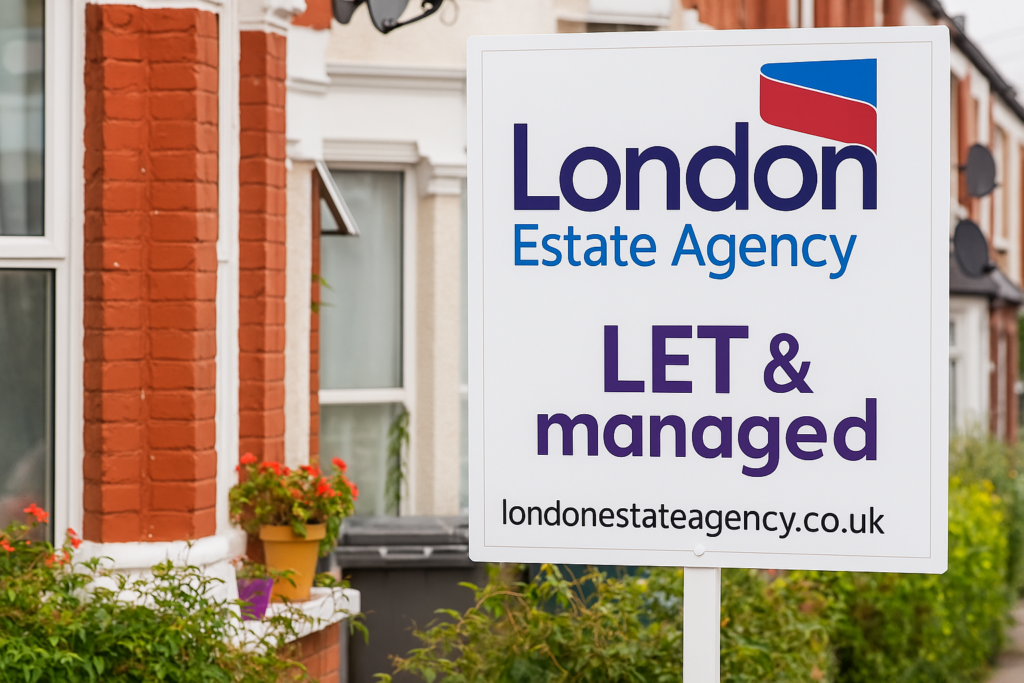As experienced property professionals at London Estate Agency, we understand landlords’ complexities and responsibilities in meeting fire safety regulations in London.
Whether you’re managing a single flat or a portfolio of rental properties, compliance with fire safety laws is not just a legal obligation—it’s a critical part of protecting your tenants and your investment.
This comprehensive guide outlines everything landlords in London need to know to meet current fire safety standards.
From legal requirements to best practices, we cover it all—plus how our in-house Tenant Screening, Rent Protection, and EPC services can give you peace of mind and an edge in the property market.
Why Fire Safety Compliance Matters for Landlords
Failure to comply with fire safety regulations can result in fines, prosecution, invalidated insurance, or even imprisonment.
More importantly, it puts lives at risk. Local councils are increasingly cracking down on non-compliance, especially in HMOs (Houses in Multiple Occupations).
Legal Fire Safety Requirements for Landlords in London
Smoke and Carbon Monoxide Alarms
Smoke alarms must be installed on every property storey where a room is used as living accommodation.
Carbon monoxide alarms are required in any room containing a solid fuel-burning appliance (e.g., wood-burning stoves or coal fires).
As of October 2022, CO alarms are now also required for gas boilers in rental properties in England.
➡️ Landlords must test alarms on the first day of a new tenancy.
Fire Doors and Escape Routes
In HMOs, fire doors are a legal requirement. They must be 30-minute fire-rated and fitted with intumescent strips and self-closers.
Escape routes must be unobstructed, clearly marked, and adequately lit.
All tenants must be able to exit the building quickly in case of a fire without needing keys.
Fire Risk Assessment
Every rental property must have a suitable and sufficient fire risk assessment, especially:
If it’s a HMO
If it has communal areas
If it’s a converted building with shared stairways
Fire risk assessments must be regularly reviewed and documented.
👉 We offer Fire Risk Assessment services tailored to London properties. Contact us here for a quote.
Fire Extinguishers and Blankets
It’s not legally required in single lets, but it’s highly recommended.
In HMOs, a multi-purpose extinguisher should be placed on each floor, and a fire blanket should be placed in the kitchen.
Equipment must be regularly maintained and accessible.
Electrical Safety Checks
Landlords must:
Carry out an Electrical Installation Condition Report (EICR) every five years.
Ensure all electrical systems and appliances are safe starting and throughout the tenancy.
Provide tenants with a copy of the EICR.
👉 Need an EICR? We can arrange one as part of your property compliance package.
Fire Safety for HMOs (Houses in Multiple Occupations)
HMOs are subject to stricter regulations, including:
Interlinked smoke detectors on all floors and in every bedroom.
Fire doors with self-closers and intumescent strips.
Marked and maintained escape routes.
Fire blankets and extinguishers.
Emergency lighting in escape paths.
➡️ HMOs must also be licensed, and fire safety is a significant component of the licensing inspection.
We assist landlords in obtaining HMO licences and ensuring your property meets all fire safety obligations.
FAQs – Fire Safety for London Landlords
Do I need a fire extinguisher in my rental property?
It’s not legally for single lets, but it’s recommended. It becomes a requirement in HMOs.
What happens if I don’t comply with fire safety laws?
You can face fines of up to £30,000, criminal prosecution, or tenant lawsuits. Your landlord insurance may also be invalidated.
Do I need a fire risk assessment if I rent out one flat?
Yes, if your flat is part of a larger building with shared areas. It’s essential to assess the entire structure’s fire safety.
Who is responsible for testing smoke alarms—landlord or tenant?
The landlord is responsible for installing and testing alarms on the first day of the tenancy. After that, tenants should test monthly.
Are fire doors required in all rental properties?
No, but they are mandatory in HMOs and converted flats with shared staircases.
Fire Safety Is Not Just Compliance—It’s Smart Investment Protection
Being proactive about fire safety isn’t just about avoiding legal trouble—it’s about preserving your property and maintaining tenant trust. In a competitive rental market like London, well-maintained, compliant properties attract better tenants and command higher rents.
That’s why we provide end-to-end property management solutions tailored to landlords:
Tenant Screening – We check financials, background, and references.
Rent Protection – Avoid income loss with our in-house protection scheme.
EPC Services – Stay compliant and boost your property’s energy efficiency.
Fire Risk Assessments – Comprehensive evaluations by accredited professionals.
👉 Don’t risk fines or tenant safety. Let us handle compliance for you. Visit LondonEstateAgency.co.uk today and book a free landlord consultation.
Conclusion: Fire Safety Is Non-Negotiable
Fire safety is a serious responsibility for all London landlords. From basic smoke alarms to full HMO compliance, ensuring your property is up to code is essential for legal, financial, and moral reasons.
At London Estate Agency, we go beyond simply advising—we help you implement and maintain full compliance across your property portfolio. Our expert team is ready to help you navigate fire regulations, safety checks, and certifications so you can live confidently.





